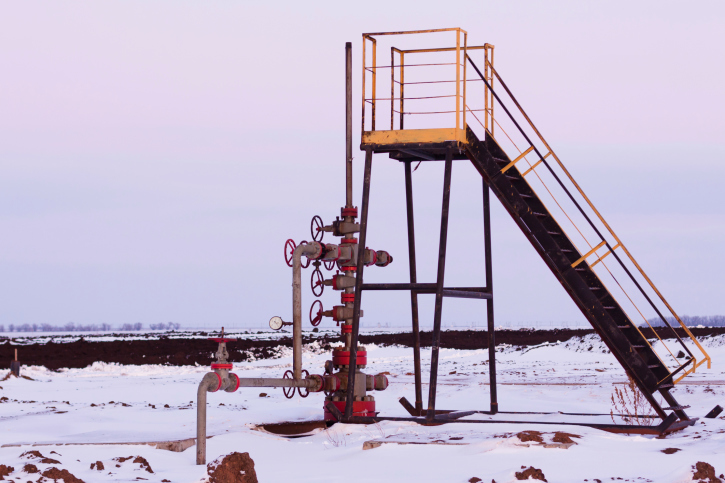President Barack Obama signed legislation expediting the permitting process for hydraulic fracturing on federal lands in the Bakken Shale basin in western North Dakota. The legislation sailed through the House and Senate with only one dissenting vote.
Reducing Long Delays
The Bureau of Land Management (BLM) Streamlining Act authorizes the Miles City, Montana BLM office to process oil and natural gas production permits on federal lands in western North Dakota, which the legislation’s sponsors say will help address the backlog and delays. Currently, it takes federal officials up to nine months to process permits in North Dakota.
The Senate passed the bill unanimously, and the House passed the bill by vote of 415-1, with Obama signing it on December 26.
“For far too long, the permitting process has been delayed because of a lack of federal resources and coordination in western North Dakota. It has led to excessive waits for drilling permits that unnecessarily slow down projects while also putting the brakes on jobs that would come from those projects,” said the law’s coauthor, U.S. Sen. Heidi Heitkamp (D-ND), in a press statement. “Working with colleagues on both sides of the aisle, we were able to get this bill through both the Senate and the House so it can soon be signed into law. We must continue to make common-sense fixes like this to help North Dakota reach its full energy potential.”
“This legislation is about helping to cut red tape and making the federal permitting process more timely and efficient,” added U.S. Sen. John Hoeven (R-ND) in a press statement. “Right now, it takes about 180 to 270 days to permit an oil well on BLM land in North Dakota, compared to about ten days on private lands. There are currently about 525 permits awaiting approval. This will help us to alleviate the backlog and other delays that are costing us jobs and economic growth. The BLM Streamlining Act will help us to achieve our goal of true energy independence.”
GAO Report Criticizes Process
An August 2013 Government Accountability Office report criticized BLM for not processing oil and natural gas production permits in a timely manner. The report, “Oil and Gas Development: BLM Needs Better Data to Track Permit Processing Times and Prioritize Inspections,” noted BLM has failed to meet expectations to improve the permitting process despite asking for and receiving more money and staff to launch a pilot project for that purpose.
“BLM has neither completed an assessment of the project in the past 5 years, nor reported to Congress, as required by the Energy Policy Act of 2005, on the results of the project along with a recommendation about implementing the project throughout the United States,” the GAO report stated. “Further, in a 2013 internal memorandum, BLM reported that it has been unable to consistently process completed APDs within the 30-day deadline required by the act. GAO found that BLM’s central oil and gas database was missing certain data needed to assess compliance with this deadline and contained other inaccurate APD processing data.”
Oil Production Boosting Economy
Congress hopes the BLM Streamlining Act will provide a partial solution to these obstacles and streamline energy production in one of the most active energy production areas in the nation. North Dakota oil production has increased tenfold since 2005, and energy experts say even more production is possible with a more effective permitting process on federal lands. Most of the growth in North Dakota oil production has occurred on privately owned lands.
Buoyed by oil and natural gas production, North Dakota’s unemployment rate is just 2.6 percent.
“Increasing oil and natural gas production is lowering energy prices, creating wealth, and generating jobs in a manner that is desperately needed right now,” said Jay Lehr, science director for The Heartland Institute, which publishes Environment & Climate News. “The hydraulic fracturing revolution is bailing out our national economy just when the economy is most imperiled.
“Legislation to streamline oil and natural gas production on federal lands is a rare instance of government facilitating economic growth rather than impeding it,” Lehr added. “Congress should be applauded for passing the bill, especially in near-unanimous fashion.”
Kenneth Artz ([email protected]) writes from Dallas, Texas.





